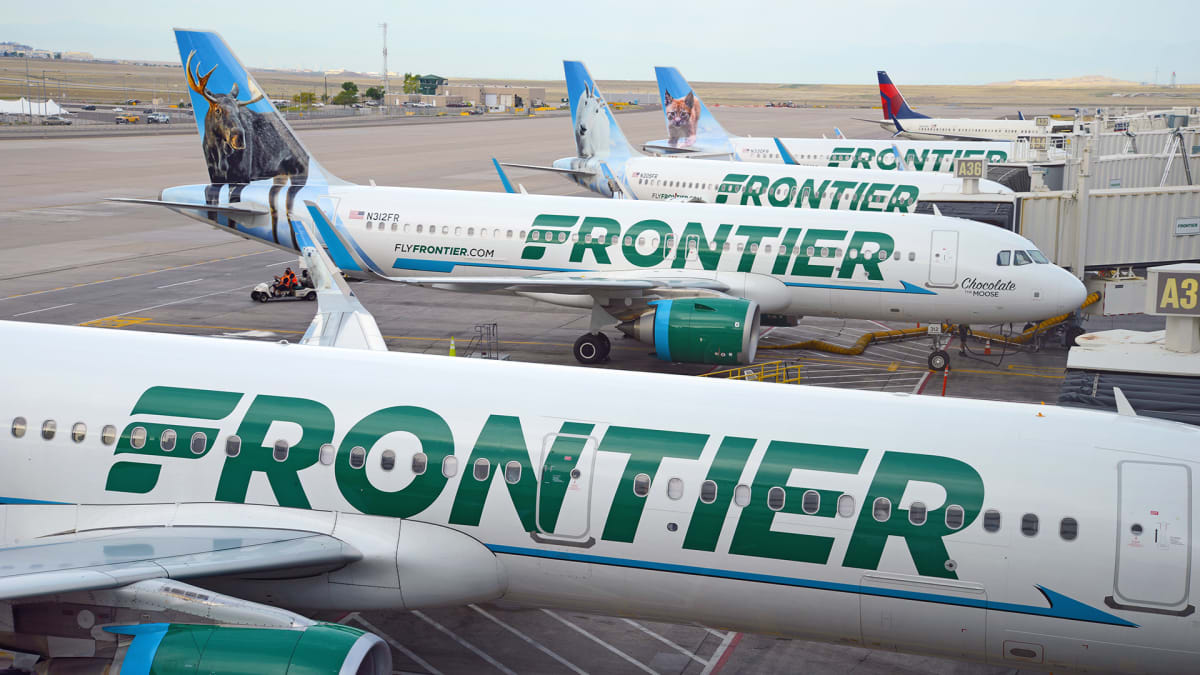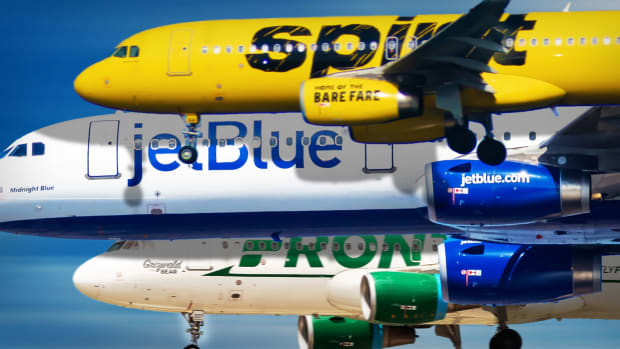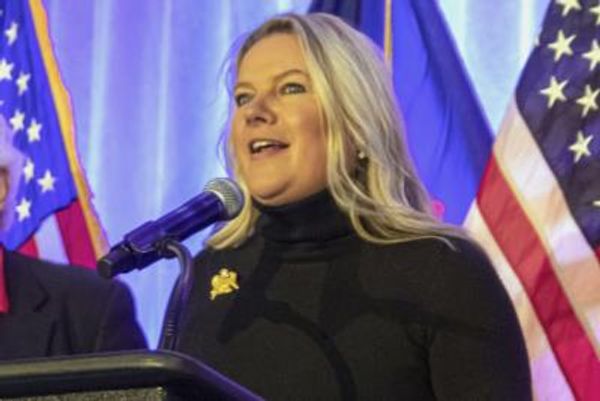
You may not like flying Spirit or Frontier Airlines, but if price matters to you, you might have to.
That's because those two carriers have a low-cost, no-frills, a la carte model that enables passengers to decide what they want to pay for.
If you don't need a seat assignment and are willing to travel with nothing more than a personal item (not a carry-on; just a small bag, like a purse), then you will spend less money.
DON'T MISS: Frontier Airlines Takes a Very Hostile Stand On Its Passengers
Frontier (ULCC) and Spirit (SAVE) have pioneered the model that many big-name carriers, including Delta Airlines (DAL), have copied with their basic-economy fares. In this model your ticket buys you the right to be on the plane, but not much else.
That model has democratized flying, in that it has lowered costs if people are willing to make sacrifices. If Spirit's planned merger with JetBlue (JBLU) goes through, Spirit would stop using that model. That's a prime reason federal regulators might block the deal.
If the merger goes through, however, it may create a lot of opportunity for Frontier, which will be the last major airline fully devoted to the low-cost, a la carte model.

TheStreet
Frontier Believes the End of Spirit Will Be Good For Business
Frontier lost out on a merger with Spirit after a deal between the two fell apart. But the airline still believes it will profit from JetBlue making the deal. The airline's senior vice president-commercial, Daniel Shurz, explained why in an interview with Travel Weekly.
"We're seeing success in big southern-tier U.S. cities where there has been strong inbound domestic migration," he said. "Inbound migration drives domestic [visiting friends and relatives] travel. Unsurprisingly, our model works most successfully with VFR travel."
Frontier has also been building out its capacity to serve more customers.
"We opened a new crew base in Phoenix in November and added 12 new routes over the course of November to January from Phoenix," the executive said.
"We're opening a new crew base in Dallas. We've already announced six new routes for the summer. We have grown reasonably substantially in the last year in Atlanta, including an increasingly impressive international operation."
Frontier Has a Major Plan for Growth
Frontier Air Chief Executive Barry Biffle also commented on his airline's growth plans and its opportunity, during the company's fourth-quarter-earnings call.
"Customers have more flexibility and more propensity to traveling than they did prepandemic, and its compelling evidence points to the resiliency in the leisure travel segment," he said. "We expect the benefits from this resilient demand to be amplified by industry capacity constraints predominantly by pilot shortages and supply-chain bottlenecks. But this creates a significant opportunity for Frontier."
He noted that Frontier was not immune to these problems but said it had been working to get in front of them.
"Our robust pilot recruiting and training platforms uniquely provides us the foundation to harness the growth opportunity before us," Biffle said. "Last year we launched our cadet program, and both are driving strong demand in candidates who applied to Frontier."
More than 100 pilots have joined the cadet program and nearly 5,000 applied.
"In fact, the first cadets from the program will be joining us as first officers in just a few weeks," the CEO added.
The CEO also shared another problem in building capacity, along with its solution.
"Although aircraft manufacturers are dealing with supply-chain issues, the delays we're experiencing from Airbus are between 1 to 5 months," he said. "While we're disappointed with these delays, they effectively represent a manageable one-quarter shift on average across our order book."







